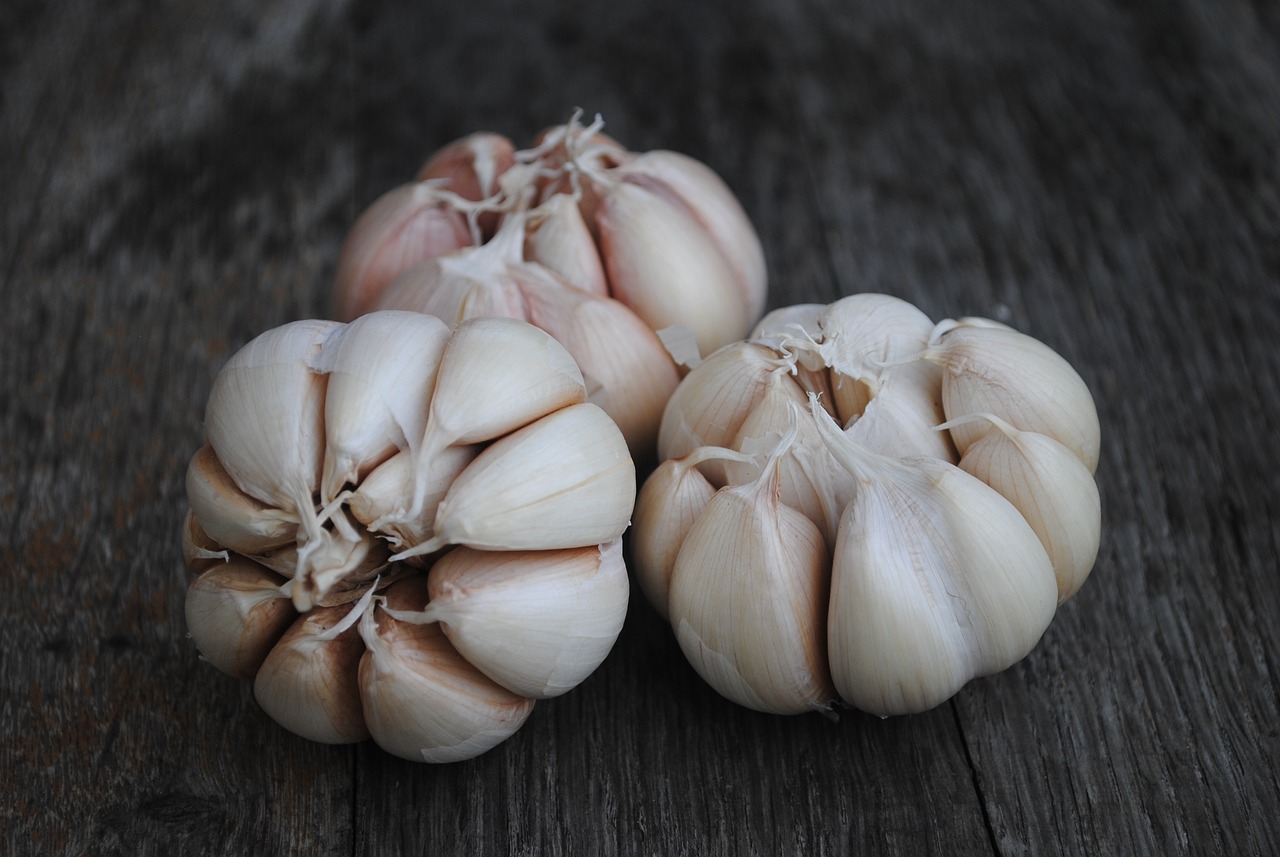
Garlic cloves are the small, individual segments that make up the bulb of the garlic plant (Allium sativum). Renowned for their pungent aroma and robust flavor, garlic cloves have been a staple in kitchens worldwide for thousands of years. Their versatility makes them a cornerstone of cuisines from Asia to Europe, Africa, and the Americas.
Culinary Uses
Garlic cloves can be used raw, roasted, minced, or crushed. Raw garlic has a sharp, spicy taste that mellows and sweetens when cooked. It’s a key ingredient in countless dishes, adding depth to soups, stews, marinades, and sauces like aioli or garlic butter. Roasting garlic transforms it into a creamy, caramelized delight that’s perfect for spreading on bread or incorporating into dips.
Health Benefits
Garlic cloves are not just a flavor enhancer; they are also a nutritional powerhouse. Rich in compounds like allicin, they offer potential health benefits:
- Immune Boosting: Garlic is known for its ability to support the immune system, helping to fend off colds and infections.
- Heart Health: Studies suggest garlic may help lower blood pressure and cholesterol levels.
- Antioxidant Properties: Garlic contains antioxidants that may combat free radicals and reduce inflammation.
Fun Facts
- Garlic has been used as a medicinal herb since ancient times. The Egyptians, Greeks, and Romans all prized it for its healing properties.
- In folklore, garlic is famous as a repellent for vampires, a belief rooted in its strong odor and association with purification.
Storage and Usage Tips
To keep garlic fresh, store it in a cool, dry place with good ventilation. Avoid refrigeration, as this can cause the cloves to sprout. When peeling, smashing a clove with the flat side of a knife can make the skin easier to remove.
Whether you’re whipping up a hearty pasta sauce or exploring natural remedies, garlic cloves are a versatile and essential ingredient that brings both flavor and health to your kitchen.
